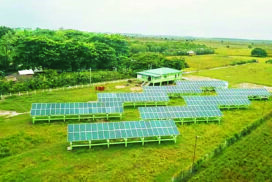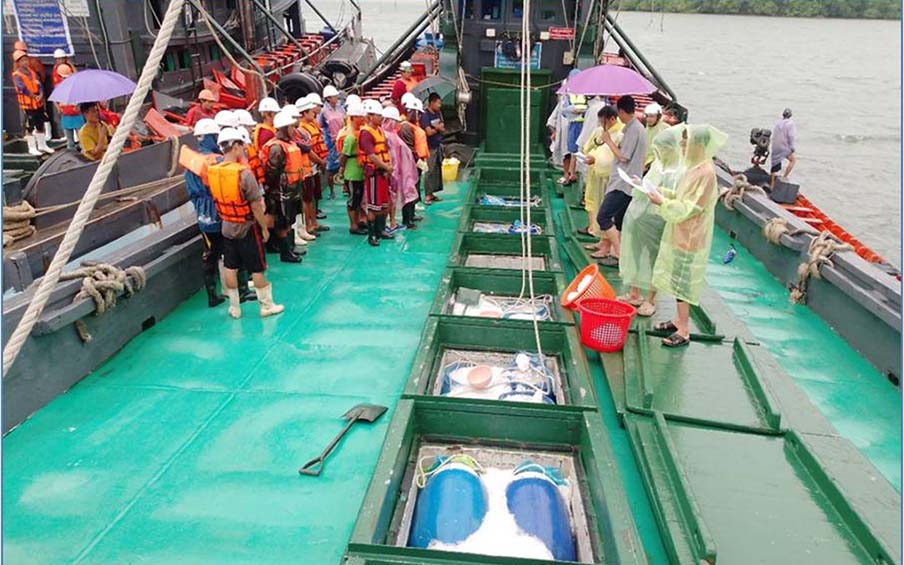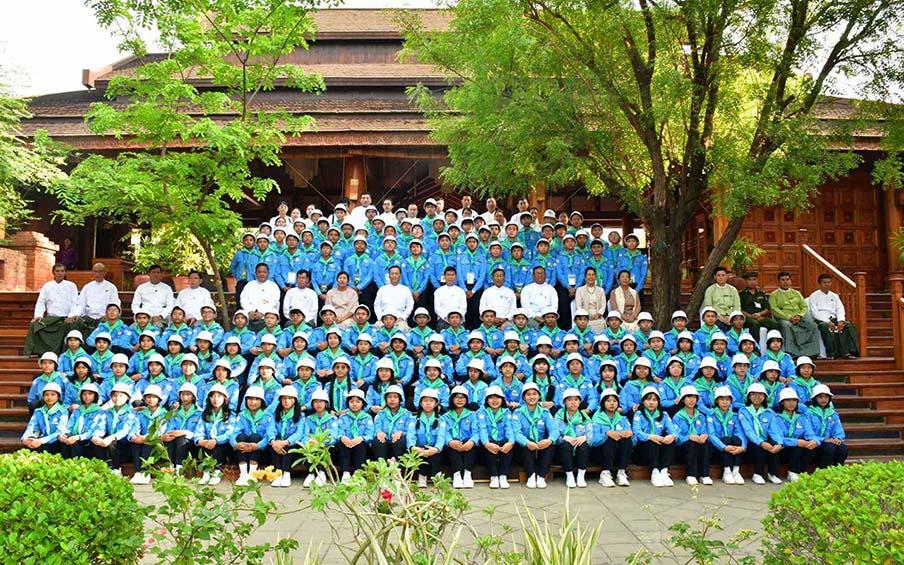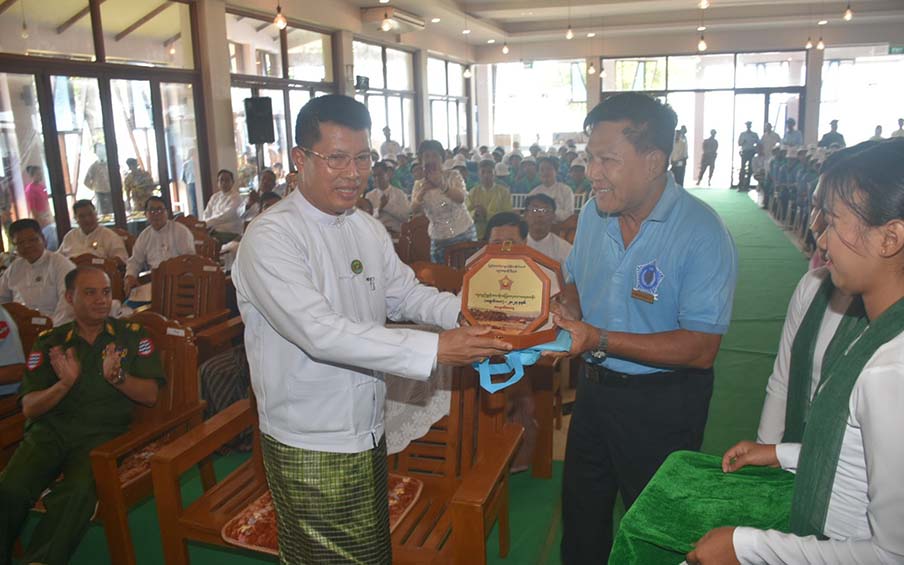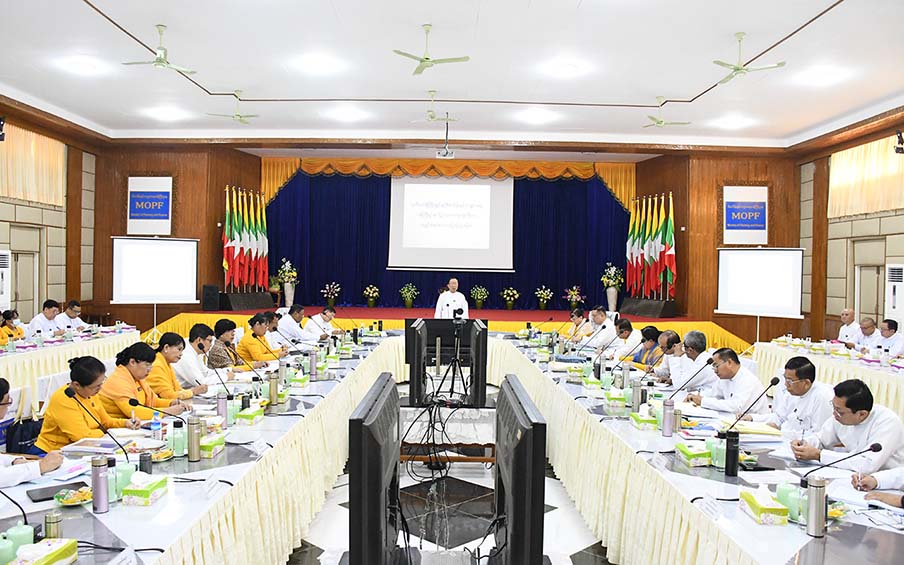The earliest recorded evidence of cancer in human history was found in ancient Egypt. The Edwin Smith Papyrus, dated around 1600 BCE, describes cases of tumours and provides rudimentary explanations for their information and potential treatments. It wasn’t until the 19th century that significant advancements in cancer detection and effective treatments were not made.
In the 21st century, advancements in medical technology and research have led to earlier detection and more effective treatment options; however, cancer is still a major threat.
Many scientists say that we are winning the war against cancer. It is partially true because cancer treatments are better, and five-year survival rate is higher. An exception is that the truth is for the early stages of cancer. In late stage cancer patients, the mortality rate is still higher when using the most effective treatments. At present, new treatment modalities, including precision medicine, gene therapy and immunotherapies, hold promise for improved outcomes and quality of life for patients, but most treatments are expensive and not affordable at the grassroots level.
The incidence of cancer is a significant global health concern. According to the World Health Organization (WHO), there were approximately 19.3 million new cases worldwide in 2020. The number is predicted to rise to nearly 29.5 million new cases by 2040. Whatever the latest treatment options emerge, getting a long-term high survival rate might be a challenge because cancer cells are changed from our own body cells, and the root cause of change is challenging to find. There are many factors that affect the change of normal cells into cancer cells. We can’t entirely prevent cancer, but we can manage to lessen the effects of those factors by doing anti-cancer action plans. In this way, the cancer morbidity rate may be reduced. Reducing morbidity is a better approach.
How? Factor: obesity
Worldwide, obesity rates have nearly trebled since 1975, particularly in developed countries. But the rate is also increasing in developing countries which are getting better economies and adopting western style diets. World Health Organization said in its 2016 statistics that 1.9 billion adults were overweight with a body mass index (BMI) of 25 or more, and 650 million of those individuals were considered obese with a BMI of 30 or greater.
When a sedentary lifestyle coupled with a Westernized diet rich in sugars, carbohydrates and processed foods, waistlines are wreaking havoc, and overall health is weaker. Being overweight or obese significantly increases the risk of heart disease, stroke, diabetes, osteoarthritis and certain cancers, including breast, colon, kidney, endometrial, ovarian, gall bladder, prostate and liver cancers.
Solution: modified ketogenic diet
Following a modified ketogenic diet similar to what our ancestors ate is the answer. A low-carb, moderate protein, higher-in-fat (Ketogenic diet) can help fight cancer and various other chronic diseases. This dietary approach works because it cuts off glucose, which cancer cells require to survive. This is an integral part of the battle.
First, we must eliminate or severely restrict sugar, added sugar and processed foods from our diet. Focus instead on lean (if possible) non-GMO and organic protein sources such as fish and chicken with plenty of fresh fruits and vegetables and healthy fats (e.g. nuts, seeds).
If the patient has difficulty in swallowing and digestion, all the ingredients should be crushed in a blender before taking.
Rainbow foods, which mean different-coloured foods, are better options to get as many nutrients and phytonutrients for natural cancer prevention and treatment. Fresh, natural and unprocessed foods are healthy choices.
Factor: sedentary lifestyle
One of the culprits of cancer is long time sitting, In other words, a sedentary lifestyle. It has become an alarming trend in cancer aetiology.
In a recent study, researchers conducted treadmill stress testing on over 100,000 people between 1991 and 2014. One of the researchers in this study concluded, “Being unfit on a treadmill or in an exercise stress test has a worse prognosis, as far as death, than being hypertensive, being diabetic, or being a current smoker”.
In short, sitting for prolonged periods and being inactive may be more likely to kill us than smoking. And the more in shape we are, the better. Lack of physical activity also contributes to worldwide obesity and cancer risk. Being too sedentary, which includes watching TV, using the internet on a phone or computer, and sitting for hours at home or work increases the risk of endometrial, colon and lung cancer.
Solution: more movement
It seems easy, but a person who is used to a long time of inactivity may encounter difficulties in getting more exercise. That is why slow incorporation of movement into day-to-day activities is more suitable for such a person. You don’t have to worry about that. There are some options.
– you can get up and walk around or march in place during commercials while watching TV.
– you can do heel-raising exercises while brushing your teeth.
– you can walk around while on the phone instead of sitting.
– you can use your body weight to do standing push-ups leaning against the bathroom or kitchen counter.
Factor: A disrupted microbiome
Imbalances in the body’s microbiome are linked to health concerns, from obvious ones such as gastrointestinal issues to lesser known ones like allergies, diabetes, autoimmune diseases, weight gain, cognitive disorders and depressed immune system. Less active and disordered immune system may cause frequent infections and even cancer.
Imbalances, including those in the gut, disrupt hormones or balance in the body, leading to inflammation and free-radical damage to cells. The cell damage affects both the DNA inside the cells and the RNA, a type of molecule that the body uses to make proteins.
And also it reduces the efficiency of the cell’s energy factories, the mitochondria.
When the mitochondria are damaged and are no longer functioning properly, cells in the body require an alternative form of “fuel”, sugar. This cycle of burning sugar for energy may damage all the body’s systems. It harms healthy cells and feeds malignant cells.
Solution: Keep a healthy eating style
A healthy eating style means keeping ways to bolster good gut bacteria and starve bad ones. Eating plenty of vegetables, particularly fibre-rich leafy greens may enhance good bacteria population in the gut. At the same time, you must cut out sugar and processed foods. Instead, you can choose dark chocolate or low-glycemic fruits for some nature-made sweetness.
If those attempts are not sufficient, you have to think about taking a high-quality probiotic supplement. These supplements are afraid of antibiotics. So, use antibiotics when it is necessary by doctor’s order. During your antibiotic course, you should balance it by taking a probiotic at a different time of day to help the gut flora that antibiotics kill. You should also incorporate prebiotic foods in your diet, such as onion, garlic, nuts and seeds, which are nutrients for different kinds of probiotics. And you should consider fermented foods that feed good gut bacteria.
Factor: Stress
Stress does not directly cause cancer. However, when we experience stress, our body releases stress hormones such as cortisol and adrenaline, which can have a significant impact on our immune system and inflammatory response. Chronic inflammation and a weakened immune system may be less effective in fighting off cancer cells or other harmful substances. Additionally, stress may offset the functionality of certain cells and DNA repair processes, potentially contributing to the development or progression of cancer.
Solution: self-care
We can reduce stress and anxiety through meditation, massage, diet and supplements. Self-care, calmness-promoting activities and treatments may be our arsenal to reduce stress in our lives.
Factor: environmental pollutants
Pollutants are substances or agents present in the environment that have harmful or damaging effects on living organisms, ecosystems, or the overall environment. These substances can be introduced into the air, water, or soil through human activities or natural processes.
Pollutants can take various forms, including gases, particles, liquids, or solids, and they can originate from industrial processes, transport, agriculture, waste disposal, and other sources. The relationship between pollutants and cancer is a recognized concern. Exposure to certain pollutants has been linked to an increased risk of developing cancer.
Various pollutants can have different mechanisms of action and may affect different parts of the body.
Solution: reduce exposure and detox
It is important to note that the risk of developing cancer due to pollutant exposure depends on various factors, including the duration and intensity of exposure, individual susceptibility, and the presence of other risk factors (e.g., smoking, genetic predisposition). We can’t totally avoid the pollutants in our environment. The best way to reduce the danger of environmental pollutants is to minimize the exposure. We can choose organic or less pesticide-contaminated vegetables. We can use natural products other than insect-killing chemicals to repel mosquitoes. We can clean bathroom floors and ceramic tiles with natural materials. We can use fewer plastic containers to store our food. And also we must make rules and regulations to reduce pollution of public concerns and follow them.
For toxic substances which may enter our bodies, exceeding preventive measures is to detox. There are herbs, vegetables, fruits and supplements to support detoxification. In some cases, we can take chelation therapies under the guidance of relative professionals.
By practising lifestyle medicine, it is sure to minimize cancer risk.



